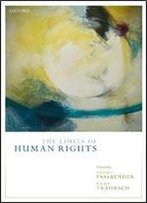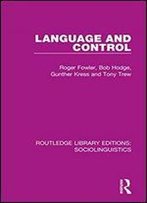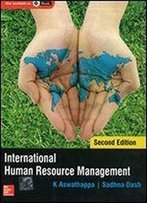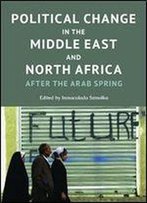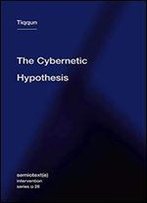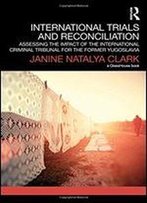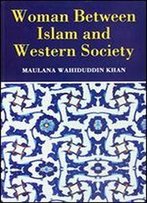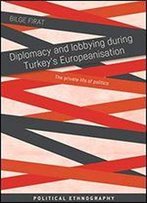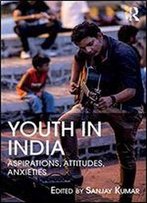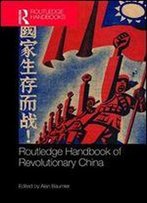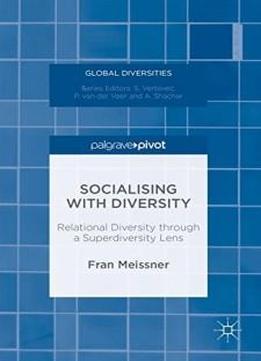
Socialising With Diversity: Relational Diversity Through A Superdiversity Lens (global Diversities)
by Fran Meissner /
2016 / English / PDF
2.3 MB Download
This book analyses post-migration social networks via the
notion of superdiversity. Approaching diversity as
relational and complexly configured through multiple
migration-related differentiations, it challenges us to
rethink how we talk about and classify migrant networks.
Based on research in two cities of migration - London
and Toronto - the author investigates how we can use
a superdiversity lens to discuss migrant networks in urban
contexts. Focusing on the personal networks of Pacific
Islanders and New Zealand Māori, she sheds light on the
sociality practices of relatively small groups of migrants,
the members of which are nonetheless differentiated in
terms of superdiversity. Using cluster analytic pattern
detection to explore alternative ways of describing migrant
networks, she brings into play multifaceted descriptions
such as city-cohort, long-term resident, superdiverse and
migrant-peer networks. Visualising complex patterns of
diversity, this book therefore contributes to theoretical
debates by proposing a relational understanding of
diversity rather than one based on the enumeration of
(ethnic) categories. This book will appeal to sociologists,
political scientists and all scholars interested in urban
diversity, migration and diasporas.
This book analyses post-migration social networks via the
notion of superdiversity. Approaching diversity as
relational and complexly configured through multiple
migration-related differentiations, it challenges us to
rethink how we talk about and classify migrant networks.
Based on research in two cities of migration - London
and Toronto - the author investigates how we can use
a superdiversity lens to discuss migrant networks in urban
contexts. Focusing on the personal networks of Pacific
Islanders and New Zealand Māori, she sheds light on the
sociality practices of relatively small groups of migrants,
the members of which are nonetheless differentiated in
terms of superdiversity. Using cluster analytic pattern
detection to explore alternative ways of describing migrant
networks, she brings into play multifaceted descriptions
such as city-cohort, long-term resident, superdiverse and
migrant-peer networks. Visualising complex patterns of
diversity, this book therefore contributes to theoretical
debates by proposing a relational understanding of
diversity rather than one based on the enumeration of
(ethnic) categories. This book will appeal to sociologists,
political scientists and all scholars interested in urban
diversity, migration and diasporas.
